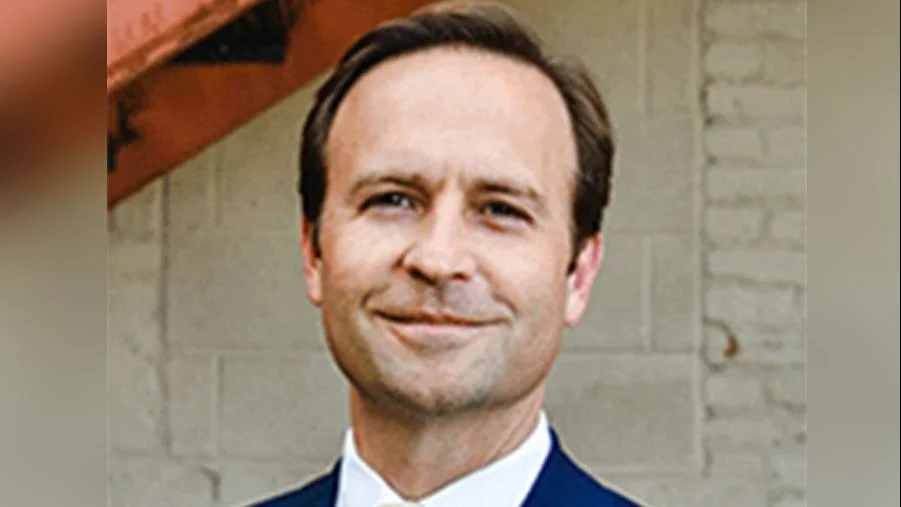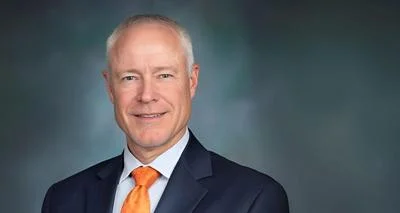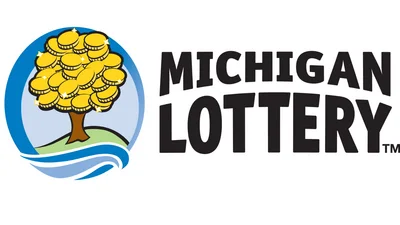Brian Calley President and Chief Executive Officer at Small Business Association of Michigan | Official website
Brian Calley President and Chief Executive Officer at Small Business Association of Michigan | Official website
Budget Director Jen Flood presented an $83.5 billion budget proposal for the upcoming year, allocating nearly all of the projected surplus from this year's budget and extra revenue expected for Fiscal Year 2026. The plan increases the General Fund to $15.3 billion and the School Aid Fund to $21.2 billion but lacks a long-term road funding strategy or broad tax relief.
Governor Gretchen Whitmer was absent from Wednesday's legislative briefing, as she attended a Michigan Reconnect event in Grand Rapids. Her FY '26 budget represents a 2.7% increase from last year.
James Hohman of the Mackinac Center commended Whitmer for proposing spending below their sustainable target. Democrats supported her allocation plans, while Republicans criticized missed opportunities for road improvements and tax cuts.
Flood stated, "We’re proposing key investments to lower costs for families, create jobs, support heroes on the front lines and seniors across our state."
The Governor proposed approximately $211 million more for road improvements—significantly less than the $3.9 billion needed according to MITA—with only $29 million remaining from additional revenue projections.
Flood mentioned that a long-term funding plan would be unveiled next week, emphasizing Whitmer's commitment to infrastructure: “I don’t want to get ahead of the Governor’s proposal... we’re going to see a proposal next week on a long-term funding plan.”
House Speaker Matt Hall expressed concern over government growth since Whitmer took office in 2017 and advocated for more fiscal restraint.
Key allocations include significant funding toward health services, education reserves, state employee raises, law enforcement recruitment, local government support through revenue sharing increases, public safety initiatives in crime-affected areas like Detroit, IT system modernization efforts, environmental projects including lead water line replacements and septic system databases, as well as programs supporting economic development and clean energy technology.
Dominick Pallone highlighted Medicaid cost management in response to rising healthcare expenses: “skyrocketing programmatic costs.”
Senator Stephanie Chang and Representative Donavan McKinney noted excitement over water affordability grants included in the budget.
Overall feedback included approval from conservation groups such as the Michigan League of Conservation Voters regarding clean energy initiatives.
Agriculture Director Tim Boring welcomed investments in animal protection measures alongside rural development grants and disease testing programs.





 Alerts Sign-up
Alerts Sign-up